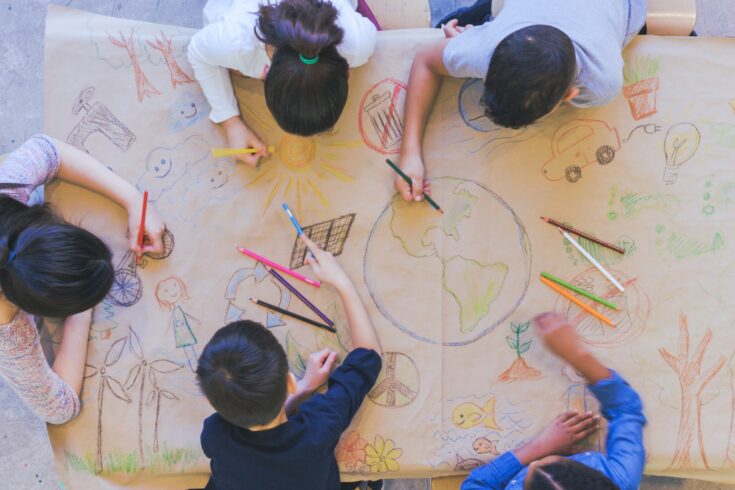With the UN Climate Change Conference (COP26) upon us, the world’s gaze is on Glasgow. Our leaders are coming together to debate how we tackle the most important issue facing humanity: how we tackle climate change.
The complex issues within climate change will not be answered by technical solutions alone.
The solutions start with us: human choices and human behaviours, and we need to remove the barriers inhibiting people from making those choices.
Understanding the drivers of climate change is crucial if we are to prevent its negative impact on our ‘pale blue dot’ that we all have a shared responsibility for.
Justice and ethics
We need to look at issues that resonate on a local level as well as the impacts of climate change thousands of miles from our homes.
Everything is connected, but at the same time, everyone is impacted differently by green measures.
In this context, issues of justice and ethics are central to climate change discourse, whether we are thinking about:
- potential solutions
- use of land, water and other renewable and non-renewable resources
- our approach to consumption
- challenging traditional practices.
Moreover, we must do this not only from the position of today or the immediate future, but with generations to come in our minds.
Learning from the past to imagine a different future
Over the centuries, our activities, driven by economic, social or cultural needs and norms of the time, have changed landscapes and irreversibly impacted biodiversity.
We must learn from the past, not only to prevent mistakes from being repeated but, more importantly, with a sustainable future in mind.
Even the best intentions can bring more harm than benefit. We have to think through the prism of interconnectedness, from the past, through the present to the future.
For example, plans for expanding UK treescapes can only be successful if there is a good level of socio-economic and cultural understanding of the changes that will make landscapes look different. This is alongside environmental considerations. After all, the human experiences are an inseparable part of the complex adaptive system.
Understanding lived experiences
Each one of us will have a particular view and variable degree of passion for issues related to climate change.
We all have differences of opinions on how it impacts our lives and what we can do about it. All these views and attitudes are shaped by our individual contexts. Our lived experiences impact relationships with the changing environment and guide adaptation.
A nuanced and inclusive approach to climate debate is vital as only individuals themselves can speak for:
- what works for their communities
- what helps them cope
- what will empower them to adapt.
Bringing diversity of voices to the fore as well as challenging generalisations in climate debate is what makes arts and humanities research so distinct and so necessary.
The role of human-centred design
COP26 will look at a range of issues related to climate change, from energy to transport, built environment to finance.
All these areas:
- involve human activity
- require us to rethink our relationship with the environment
- require us to adapt in a way that helps to reduce harm and foster sustainable growth.
These solutions also depend upon design.
80% of a product’s environmental impact is decided at the design stage, so it’s a pivotal moment for research and innovation to work with design.
Design can offer new creative approaches to living in a sustainable way, supported by technologies, while being intrinsically people centric.
Design touches our lives in a very direct way, from the buildings we inhabit to the clothes we wear; it has the power to encourage better choices.
Power of storytelling
Tackling climate change requires a global effort, but it starts with attitudes and behaviours at all levels, from governments to individuals, from large corporations to small businesses. Particularly in those parts of the world that are contributing most to our total carbon footprint.
Changing behaviours comes with understanding, which is achieved by communicating knowledge in ways that engages and inspires the audience.
The power of storytelling cannot be underestimated in mobilising individuals and communities to act. This can come in different shapes and forms, from written or spoken word to visual arts, games, film or dance.
These different media are powerful tools for engagement and dialogue with climate change, and something the arts and humanities research can provide in spades.
We will be at COP26, and watching COP26. More importantly, we will continue to fund research which allows individuals and communities to be empowered to make choices that will help secure their future in a world of climate change.
Further information
Find out more about how the Arts and Humanities Research Council, part of UKRI, supports excellent research that helps address issues related to climate change:
- contact us: heh@ahrc.ukri.org
- visit: responding to climate change.
Top image: Credit: FatCamera/GettyImages




